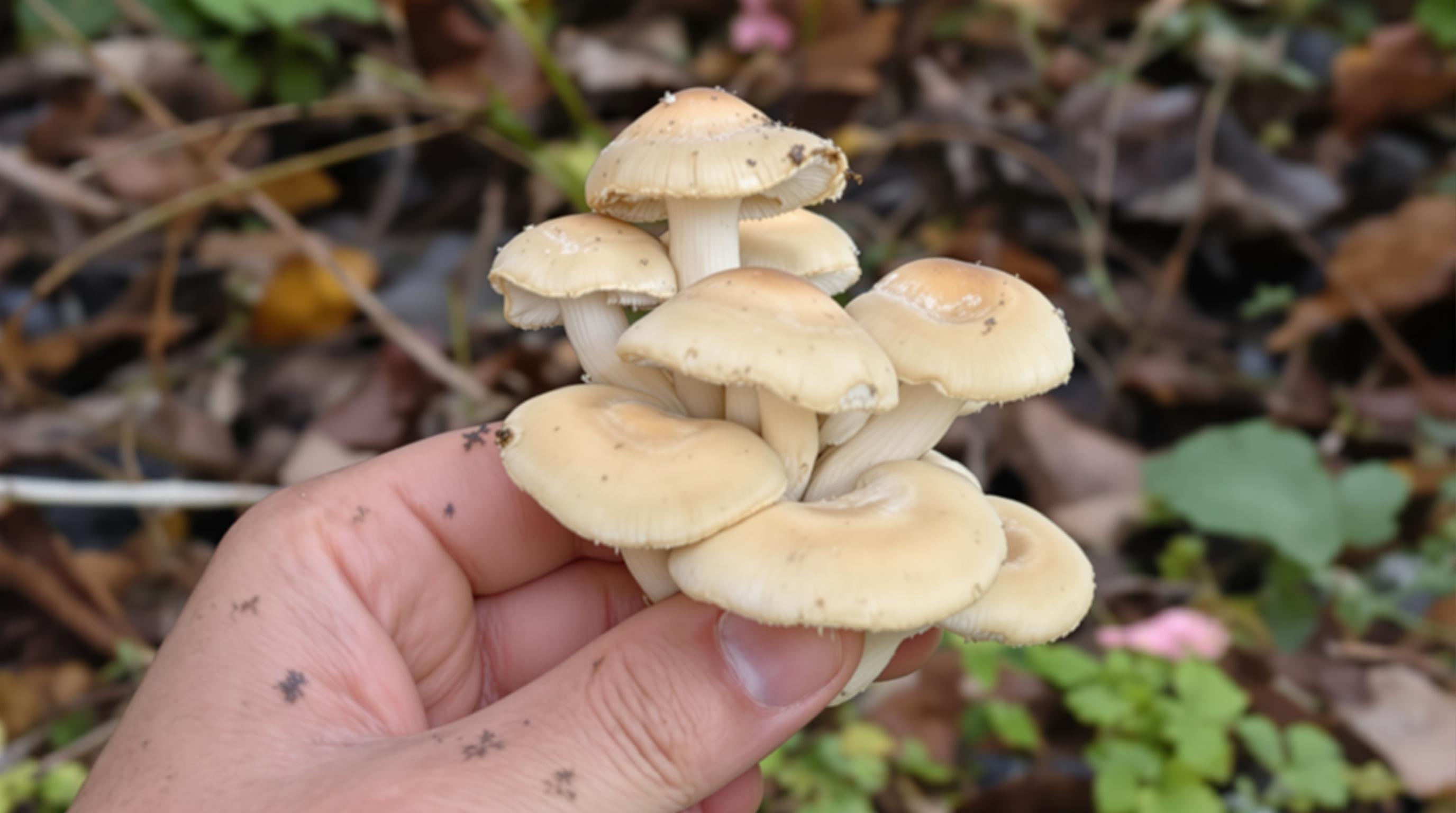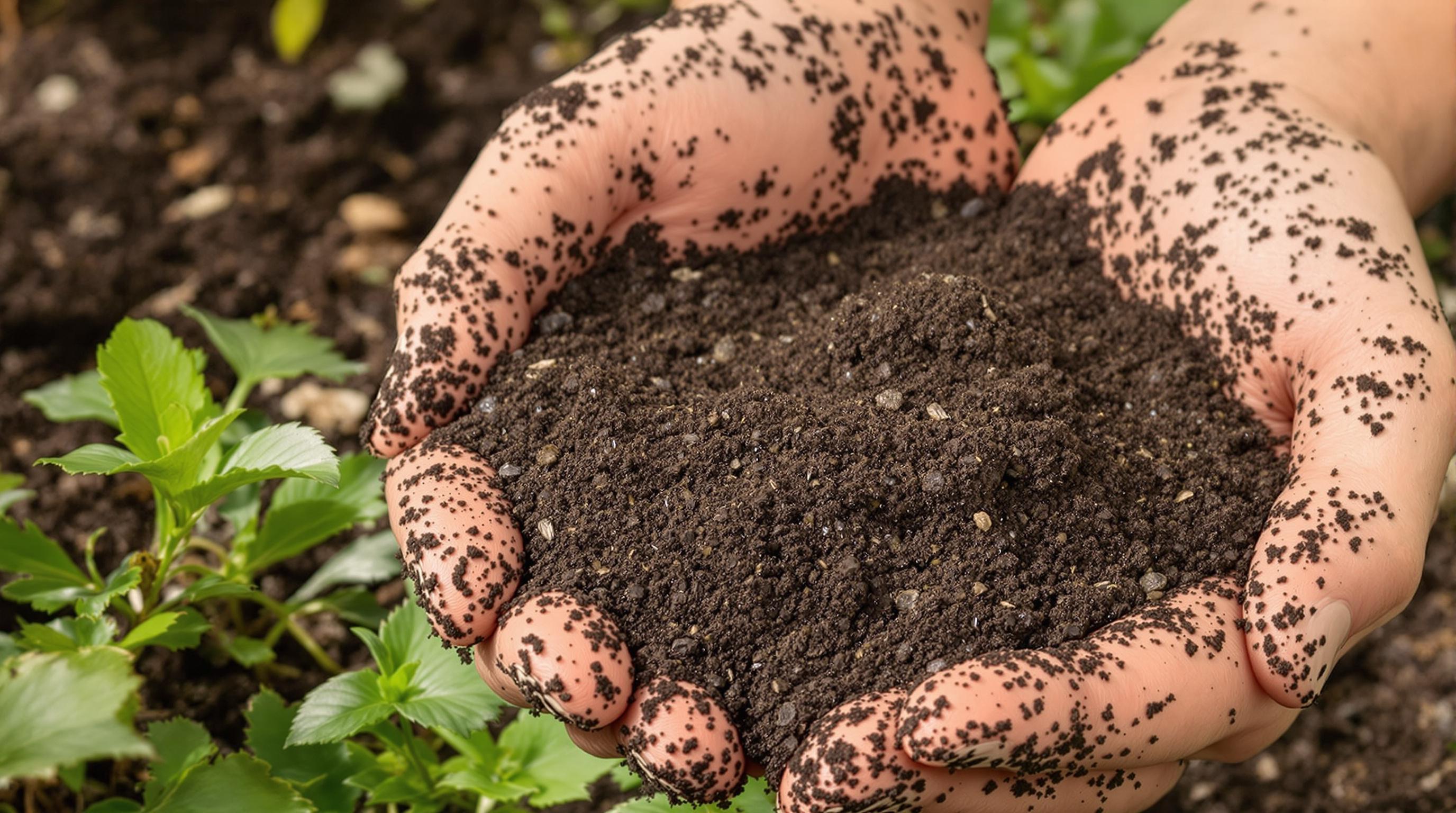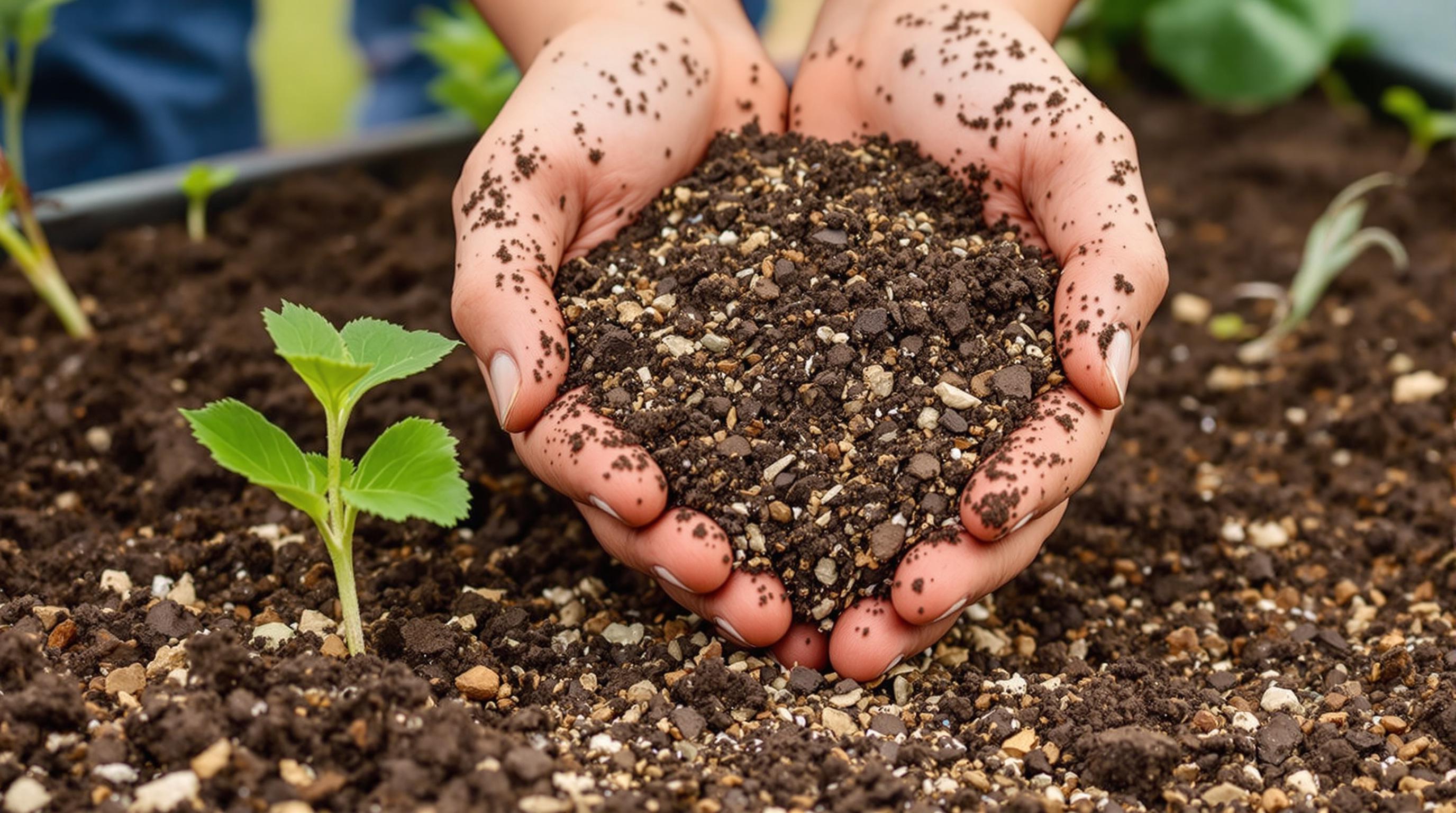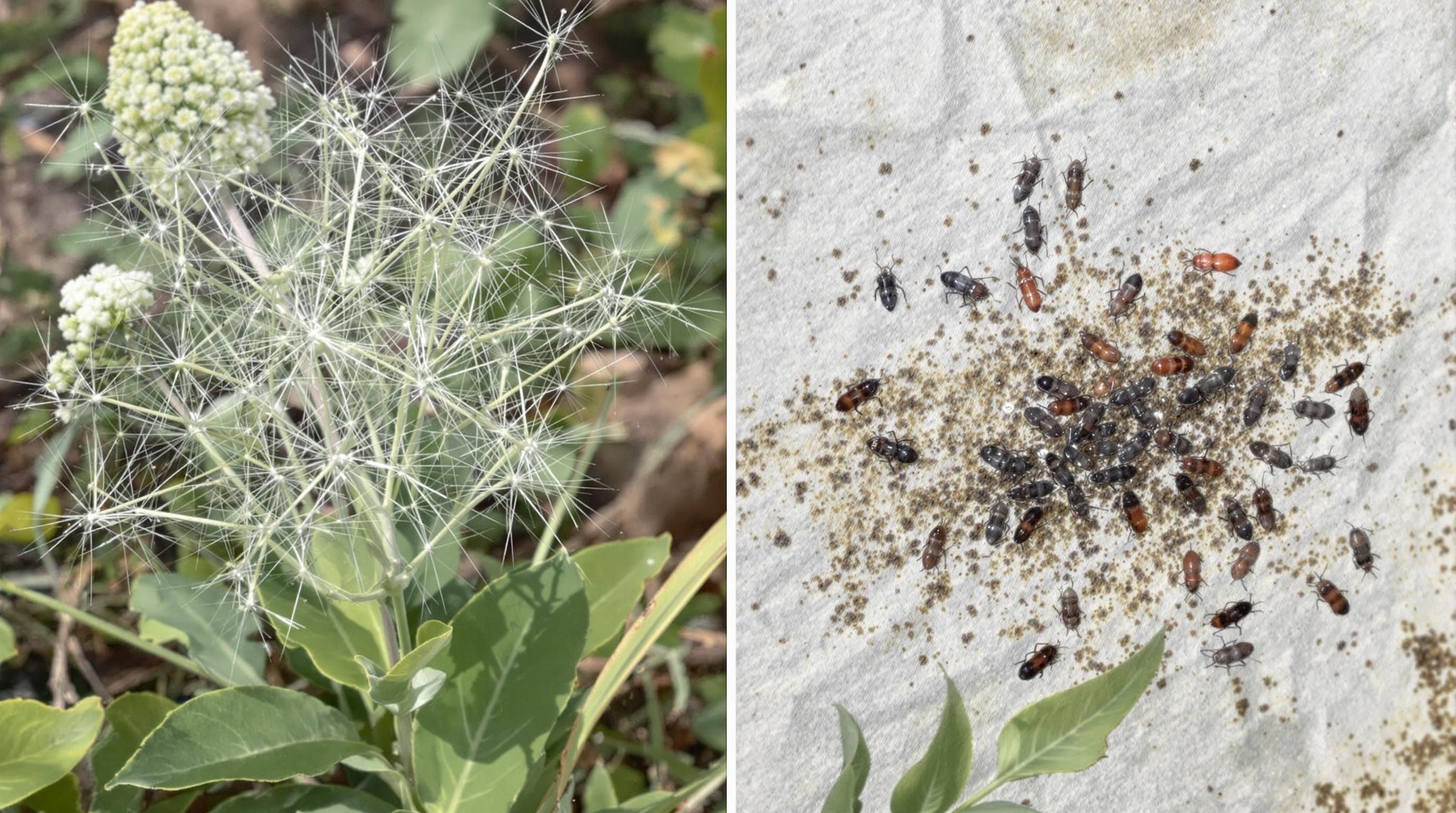Related Articles
- The Hidden Influence of Ergonomics: How Tool Design Shapes Our Physical Spaces and Daily Lives
- The Silent Influence: How Hidden Home Implements Shape Our Daily Routines and Spaces
- The Counterintuitive Role of Chaos: How Messy Tool Storage Can Lead to Unexpected Home Innovations
- Exploring the Unseen: How Audio Experiences Shape the Art of Domestic Spaces and Color Perception
- Rethinking the Mundane: How Everyday Objects are Becoming the Canvas for Modern Artistic Expression in Home Spaces
- Cultivating Chaos: The Surprising Benefits of Embracing Weeds in Your Garden Ecosystem
Unseen Allies: The Role of Fungi in Shaping Fertile and Resilient Outdoor Ecosystems
Unseen Allies: The Role of Fungi in Shaping Fertile and Resilient Outdoor Ecosystems
Fungi, often overlooked and underappreciated, play a crucial role in ensuring the resilience and fertility of outdoor ecosystems. From enhancing soil quality to forming symbiotic relationships with plants, these unseen allies are fundamental to ecological health and sustainability.
The Underground World of Mycelium
Among the most fascinating aspects of fungi is their reproductive structure, mycelium. This network of thread-like structures crisscrosses the soil, forming a vast underground web that can stretch for miles. According to a study published in *Nature*, a single patch of mycelium can connect with thousands of plants, aiding in nutrient uptake and communication (Nara, K., 2006). Think of it as a fungal internet: through mycelium, plants send out signals to indicate stress from drought or disease, allowing their neighbors to prepare defensively.
Fungi: The Nutrient Superheroes
Let's talk about nutrients. Fungi are responsible for breaking down organic matter in the soil, recycling nutrients that would otherwise be locked away in dead plants and animals. This process is essential for maintaining soil health. For instance, a study by the University of Georgia found that healthy fungal communities in soil can increase nitrogen availability to plants by up to 60% (University of Georgia, 2020). This nutrient recycling ensures that plants have access to essential elements like nitrogen, phosphorus, and potassium, which are crucial for growth.
The Evolutionary Symphony: Coevolution of Fungi and Plants
Fungi have been around for over a billion years, evolving alongside plants. Think about this: the first plants to colonize land did so with the help of fungi. Mycorrhizal fungi, which form symbiotic relationships with over 90% of land plants, assist in water and nutrient absorption in exchange for carbohydrates produced through photosynthesis. It’s a partnership older than civilization itself! In fact, the evolution of land plants has been profoundly shaped by these silent partners, leading to diversified ecosystems that we see today.
Resilient Ecosystems: Building Blocks of Biodiversity
Fungi play a significant role in fostering biodiversity. In forest ecosystems, high fungal diversity often corresponds with greater plant diversity. A 2018 study published in *Fungal Biology* revealed that regions with a wide variety of fungal species were able to remain stable despite environmental disruptions, such as climate change or invasive species (Tedersoo, L., et al., 2018). This resilience is critical because ecosystems with high biodiversity are better equipped to withstand changes and adversity.
Conversations in the Soil: The Role of Fungal Networks
Ever heard of the "Wood Wide Web"? This term describes the symbiotic relationships formed by mycorrhizal fungi that aid in communication between trees. Through these networks, trees can share nutrients and even warn each other about pests. For example, when a tree is attacked by insects, it can release chemical signals through the mycelium. Neighboring trees pick up on these signals and bolster their chemical defenses, preparing for the approaching threat (Selosse, M.A., et al., 2017). Isn’t nature simply brilliant?
Fungi in Agriculture: The Farmer's Best Friend
Fungi aren’t just useful for wild ecosystems; they're also revolutionizing agriculture. Farmers who adopt fungi-based practices are seeing significantly improved crop yields. For instance, research from the U.S. Department of Agriculture showcases organic farming methods that incorporate mycorrhizal fungi can produce yields up to 30% higher than conventional farming without the use of synthetic fertilizers (USDA, 2022). As the world grapples with the challenges of food security, harnessing the power of fungi can be an elegant solution. Who knew such tiny organisms had such a large impact?
Humor in Nature’s Design
Ever thought about how mushrooms seem to pop up out of nowhere? It’s like they're the “party crashers” of the plant kingdom. But here’s the punchline: these “crashers” are essential for maintaining balance in our ecosystems! They decompose organic material, allowing nutrients to flow back into the soil and contribute to plant health. So the next time you see a mushroom, remember: it's not just there for looks; it's the life of the soil party!
The Future: Harnessing Fungi for Sustainable Living
As we look to the future, integrating fungi into our land practices offers exciting possibilities. With climate change creating unpredictable challenges for global ecosystems, fungi may provide resilient solutions. Advances in mycoremediation—using fungi to clean up soil and water pollution—are already underway. For example, studies show that certain fungal species can break down toxic pollutants and heavy metals in contaminated areas (Gadd, G.M., 2010). This could change the landscape of environmental rehabilitation!
Real-Life Success Stories
In the Pacific Northwest, a group known as Mycoforests is leading projects that utilize mycelium to rehabilitate degraded lands and promote sustainable forestry. Their efforts have shown promising results in reviving areas devastated by logging and forest fires. By enhancing soil health, these initiatives create a natural balance that benefits local wildlife and plant life alike. This is just one of many examples of how harnessing fungi can yield positive environmental impacts.
Concluding Thoughts: Let’s Give Fungi the Spotlight
Fungi, often hidden beneath the surface, deserve more recognition for their crucial role in fostering fertile and resilient ecosystems. As we face environmental challenges, understanding and utilizing the remarkable qualities of fungi will be key to promoting ecological balance and sustainability. So let's shift the narrative—it's time to celebrate our fungal friends and their uncanny abilities. Who knew that tiny organisms could carry such weight in the grand scheme of life on Earth?
Take Action: Advocate for Fungi!
Feeling inspired? Why not start a conversation about fungi? The next time someone dismisses mushrooms as mere ‘fungal friends’ or ‘forest decor,’ inform them of their hidden powers! You can also educate yourself about local fungal species. Join community workshops or guided foraging trips to learn more about how fungi contribute to the ecosystems in your area. Every small action counts!
In the end, let’s raise awareness and appreciation for fungi in our ecosystems. After all, they're not merely backgrounds in nature—they're the unsung heroes of ecological balance that ensure the fertility and durability of our natural landscapes.





